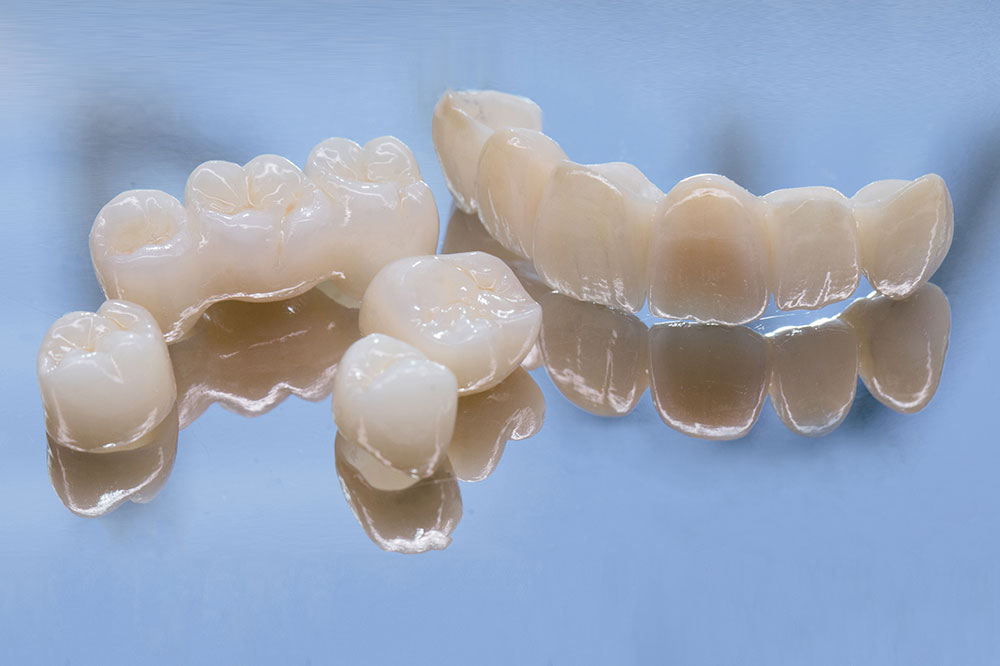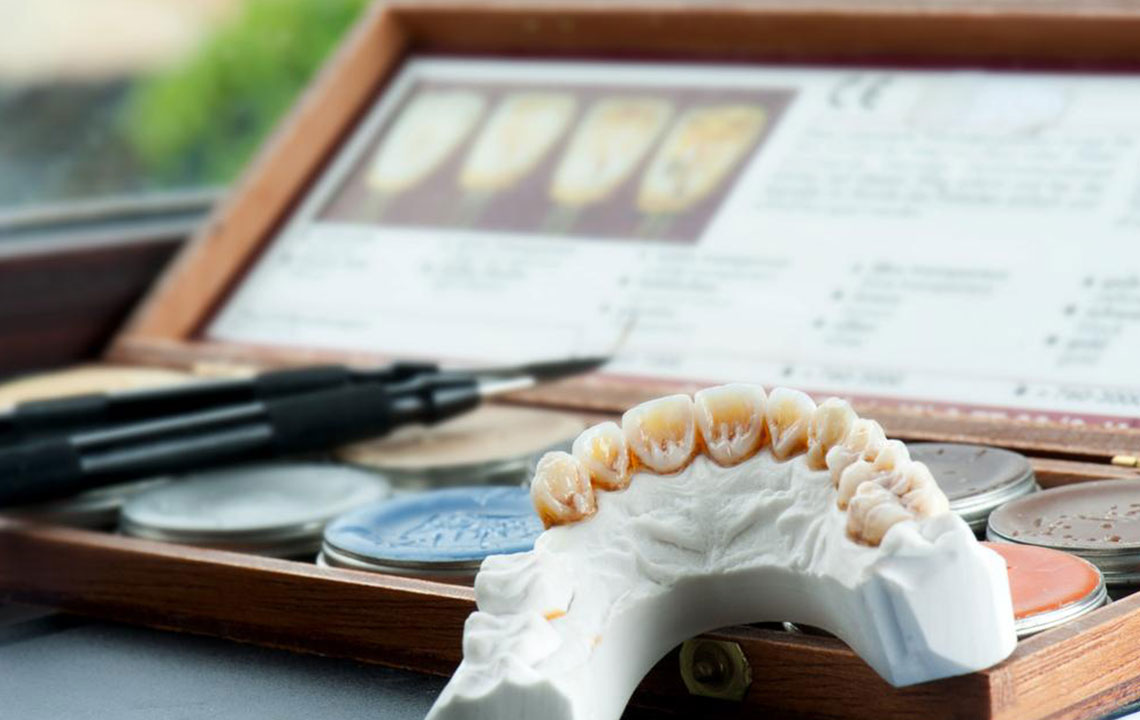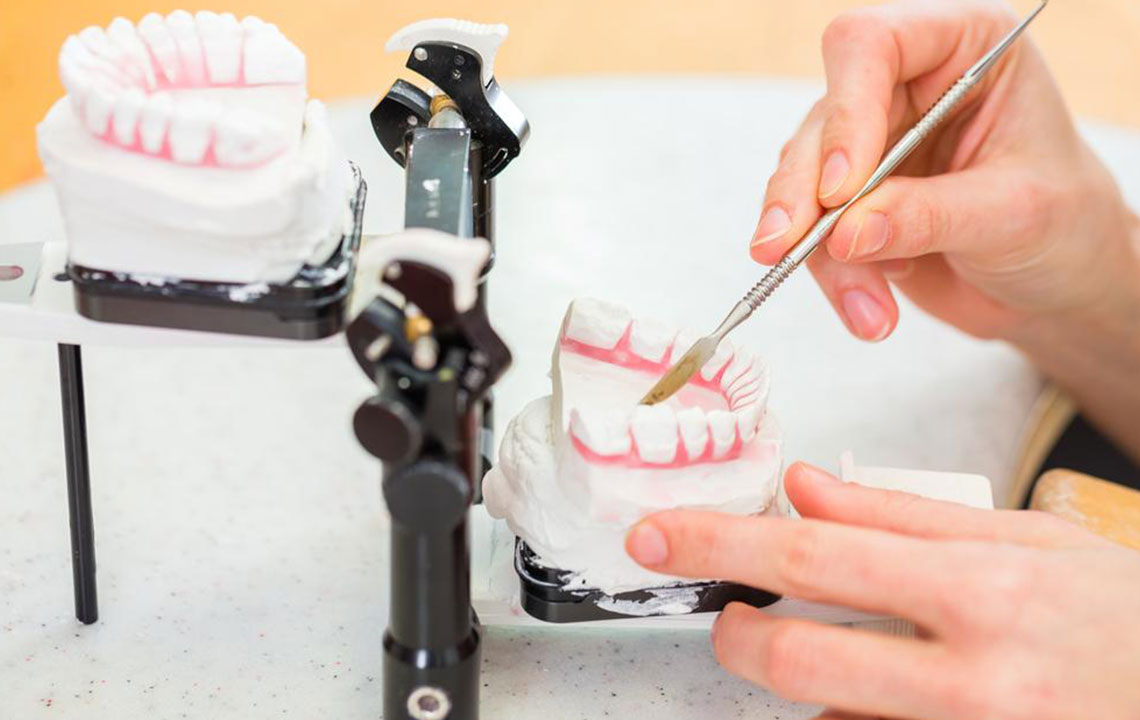Comprehensive Guide to Dental Bridges: Types, Costs, and Procedures
Discover everything about dental bridges, including their types, costs, and installation procedures. Learn how they restore your smile and function with expert insights. Find out which dental bridge suits your needs best and how to maintain it for lasting oral health. This comprehensive guide ensures you are well-informed to make the best decision for your dental restoration needs.

In-Depth Overview of Dental Bridge Solutions and Their Applications
A captivating smile with healthy, well-aligned teeth serves as a significant confidence booster and leaves a lasting impression. Maintaining optimal dental health is essential and involves daily routines such as brushing, flossing, and regular dental check-ups, alongside dietary considerations. In cases where teeth are missing, restorative procedures become crucial. Among these, dental bridges remain one of the most reliable and effective options to restore both functionality and aesthetics. This comprehensive guide delves into what dental bridges are, their costs, the detailed procedures, and the various types available to suit individual needs.
What exactly is a dental bridge?
A dental bridge is a fixed prosthetic device designed to replace one or several missing teeth. Tooth loss can result from dental decay, trauma, periodontal disease, or health conditions. By bridging the gap left by missing teeth, dental bridges restore the natural appearance and function of your teeth, enabling proper biting, chewing, and speech, while also maintaining facial structure and preventing remaining teeth from shifting out of position.
Creating a custom dental bridge involves meticulous matching of color and shape to blend seamlessly with your existing teeth. The device consists of two main components: pontics, which replace the missing teeth, and abutments, which are the supporting teeth that anchor the bridge. Expert dentists take impressions or digital scans to craft a perfect fit, ensuring the bridge looks natural and feels comfortable. Patient-specific customization helps achieve optimal aesthetics and durability.
What are the typical costs associated with dental bridges?
Costs for dental bridges vary significantly depending on geographic location, clinic reputation, and the complexity of the case. On average, traditional fixed bridges can cost between $1,000 to $3,000 per unit, whereas bonded or Maryland bridges tend to be more affordable, averaging around $2,000 for a complete set. For comprehensive fixed bridges that include crowns and pontics, expenses may reach from $2,500 to $5,000 or more. It’s advisable to consult with your dentist to get a tailored estimate based on your specific needs and dental health conditions.
Step-by-step process of installing a dental bridge
The procedure begins with a thorough dental examination, including X-rays and impressions or digital scans to assess the underlying bone and supporting teeth. Anesthesia is administered to ensure comfort. The supporting teeth are then prepared by removing a small portion of enamel to accommodate crowns. Impressions are taken and sent to a laboratory where the custom bridge is fabricated. In the meantime, a temporary bridge is placed to safeguard the prepared teeth and maintain appearance. Once the permanent bridge is ready, the dentist fits it precisely, makes final adjustments, and bonds it securely using dental cement. Final polishing ensures a smooth, natural feel and look.
Types of dental bridges explained:
Cantilever Bridge: Supported on one side only, suitable for cases where only a single supporting tooth exists, typically used in the back of the mouth.
Maryland Bridge: Utilizes a metal or porcelain wing bonded to the backside of neighboring teeth, ideal for replacing front teeth with minimal tooth preparation.
Implant-supported Bridge: Anchored onto dental implants surgically placed into the jawbone, providing a stable and long-lasting solution, especially for multiple missing teeth.
Traditional Bridge: Consists of crowns placed on supporting teeth with pontics in the middle, most suitable for replacing two missing adjacent teeth.
In conclusion, dental bridges are a versatile and effective means to restore missing teeth, improve functionality, and enhance facial aesthetics. Whether you need a simple Maryland bridge or a complex implant-supported option, understanding the types, costs, and procedures helps facilitate better decision-making and treatment planning. Regular dental check-ups and proper oral hygiene are essential to prolong the lifespan of your dental bridge and maintain optimal oral health. Consult with qualified dental professionals to determine the most suitable type of bridge tailored to your individual needs and lifestyle.




